Italtile reported reviewed condensed group results for the year ended 30 June 2025, showing system-wide turnover down 2% to R11.3 billion from R11.5 billion in 2024, with trading profit unchanged at R2.1 billion. Operating cost declined 3% to R1.9 billion from R2 billion.
Earnings per share (EPS) increased 3% to 125.6 cents from 122.1 cents. Headline earnings per share (Heps) rose 2% to 125.1 cents from 123 cents. Net asset value per share was 705 cents versus 707.5 cents in 2024.
The store network increased to 210 from 208. Cash and cash equivalents were up 18% to R2.2 billion from R1.8 billion.
The group declared a final gross ordinary cash dividend of 22 cents per share, unchanged from 2024. Together with the interim gross ordinary dividend of 28 cents per share, the total gross ordinary dividend for the year is 50 cents per share, up from 49 cents. The board also declared a special cash dividend of 98 cents per share, up from 78 cents.
ADVERTISEMENT
CONTINUE READING BELOW
Listen:
Italtile gets Sasol LNG reprieve until 2027
Lower demand knocks Italtile profit
SA policy is leading to industrial decay, tile maker says
South Africa is losing market share in neighbouring countries because of a lack of support for local manufacturing, ceramics manufacturer and retailer Italtile said.
“An onerous regulatory environment, deteriorating infrastructure, uncertain energy supply and spiralling municipal costs” are “leading to the acceleration of de‑industrialisation,” the Johannesburg-based tile-maker and retailer said in commentary accompanying its first-half results report. The introduction of import tariffs by Zambia and Zimbabwe to protect their local production also affected the ability of South African producers to export into these countries, the group said.
ADVERTISEMENT:
CONTINUE READING BELOW
Italtile’s criticism echoes comments by the local unit of ArcelorMittal SA, which gives high power prices, limited protection against steel imports from China and a poorly run state-owned rail service as some of the reasons behind the planned closure of loss-making construction-steel mills.
Manufacturing accounts for about 14% of gross domestic product, and the industry is the fourth-largest employer in the country. However, a purchasing managers’ index that tracks factory sentiment has been in contractionary territory for most of the last two-and-a-half years, as global and domestic uncertainty and weak consumer demand weigh on prospects.
“Management will continue to engage the authorities to gain the government’s support for a level playing field in our market against products dumped from neighbouring countries,” the company said.
Follow Moneyweb’s in-depth finance and business news on WhatsApp here.

 7 hours ago
1
7 hours ago
1



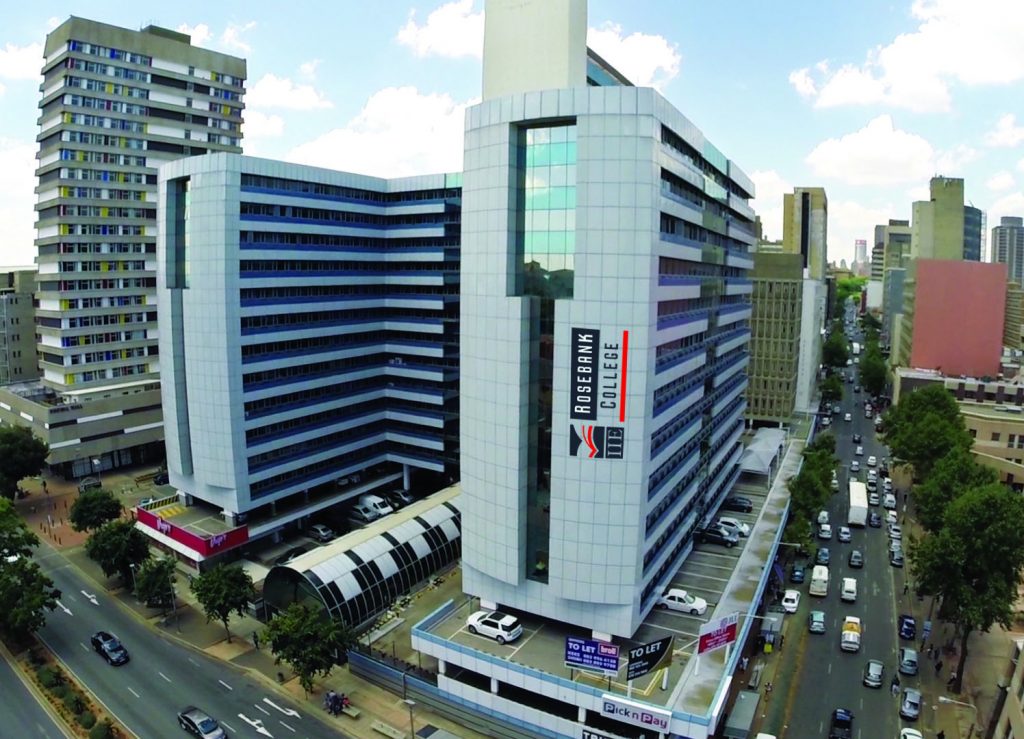






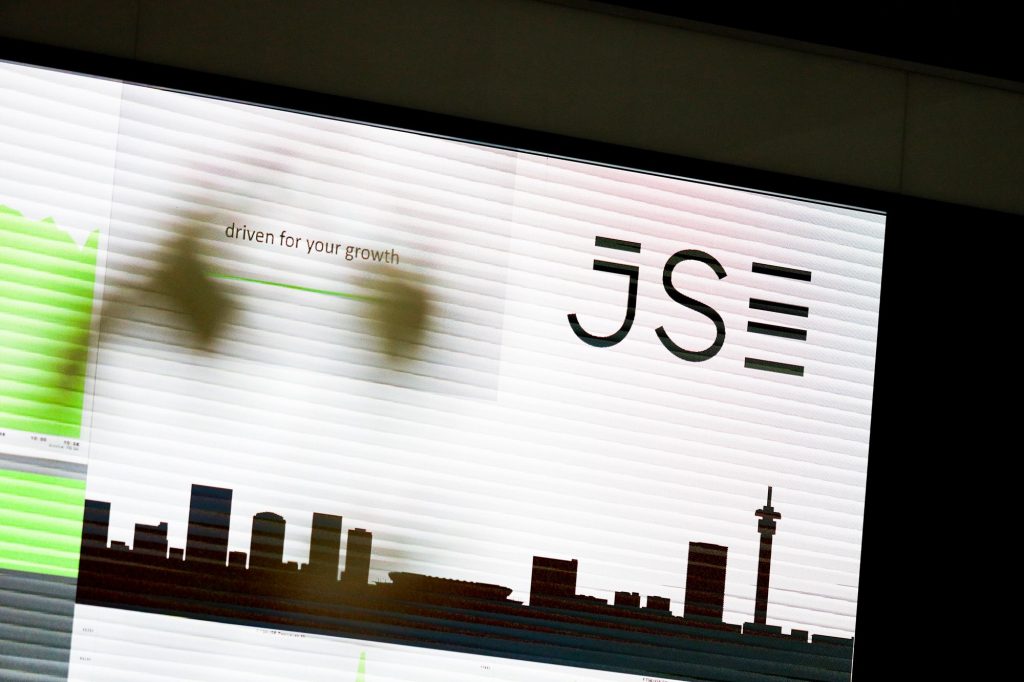


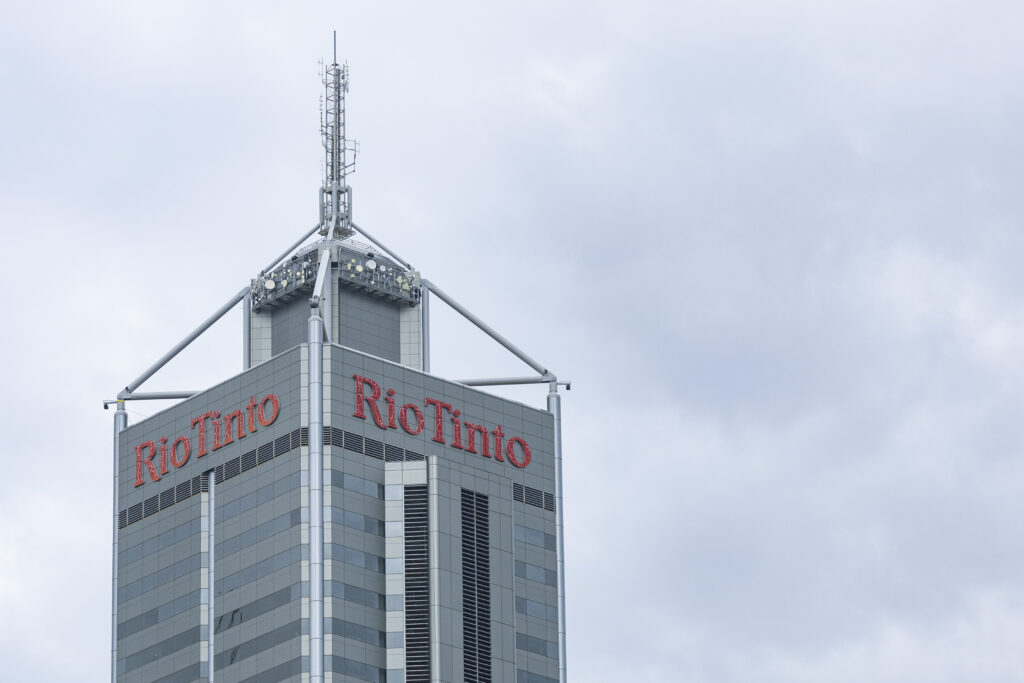



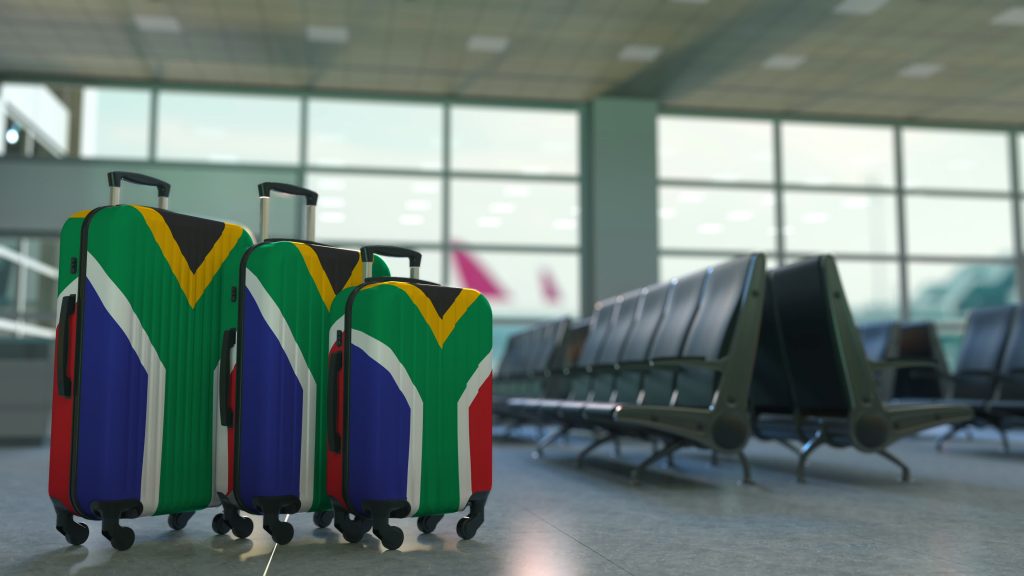



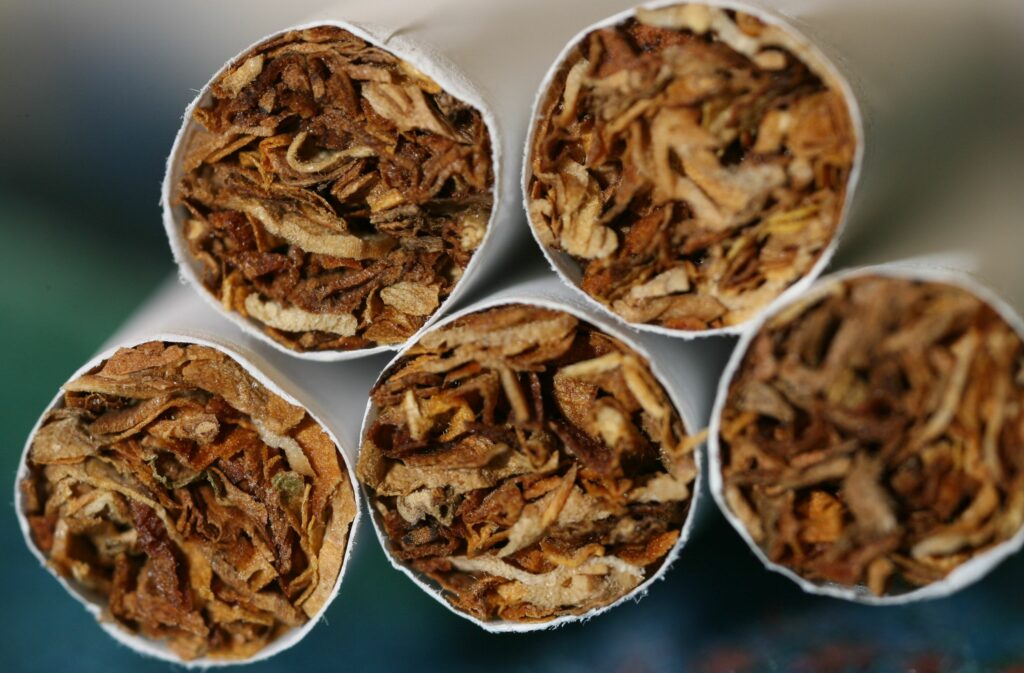
 English (US) ·
English (US) ·